detail profile hark bohm

Riwayat Hidup
Hark Bohm (born 18 May 1939) is a German actor, screenwriter, film director, playwright and former professor for cinema studies.
He was born in Hamburg-Othmarschen and grew up on the island Amrum.
His younger brother was the actor Marquard Bohm, who starred in some of his early films.
He is most notable for his long-time collaboration with Rainer Werner Fassbinder.
His first featurefilm as a director was the German western Tschetan, der Indianerjunge shot in 1972 and starring his brother Marquard as well as his adopted son Dschingis Bowakow as Tschetan.
In 1978, he directed the film Moritz, Dear Moritz, which was entered into the 28th Berlin International Film Festival.
Ten years later, his film Yasemin was entered into the 38th Berlin International Film Festival.
In 1990, his film Herzlich willkommen was entered into the 40th Berlin International Film Festival.
In 1997, he was a member of the jury at the 47th Berlin International Film Festival.
Description above from the Wikipedia article Hark Bohm, licensed under CC-BY-SA, full list of contributors on Wikipedia.
Info Pribadi
Peran Yang Di Mainkan Hark Bohm
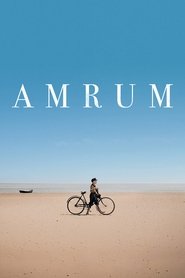 Amrum Island Spring 1945 In the final...
Amrum Island Spring 1945 In the final...Amrum 2025
Amrum Island, Spring 1945. In the final days of the war, 12-year-old Nanning braves the treacherous sea to hunt seals, goes fishing at night, and works the nearby farm to help his mother feed the family. Despite the hardship, life on the beautiful, windswept island almost feels like paradise. But when peace finally comes, it reveals a deeper threat: the enemy is far closer than he imagined.
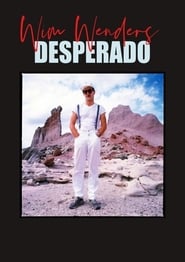 Wings Of Desire and Buena Vista...
Wings Of Desire and Buena Vista...Wim Wenders, Desperado 2020
"Wings Of Desire" and "Buena Vista Social Club", "Paris, Texas" and "The State Of Things": Wim Wenders is considered one of the pioneers of New German Cinema and one of the most important and influential representatives of contemporary cinema. With never before shown archive material and extraordinary encounters with companions and contemporary witnesses such as Francis Ford Coppola, Willem Dafoe, Andie MacDowell, Hanns Zischler, Patti Smith and Werner Herzog, this documentary provides unique insights into the life and work of one of the most multifaceted artists of our times. Renowned documentary filmmaker Eric Friedler ("It Must Schwing. The Blue Note Story") and his co-director Andreas Frege were given the exclusive opportunity to portray Wenders for this film. From Dusseldorf to Paris, and all the way to the desert of Texas, the film traces iconic locations and decisive moments in Wenders' work as director, producer, photographer and author.
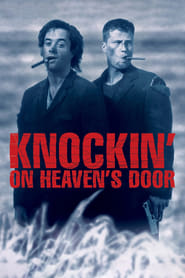 Two young men Martin and Rudi...
Two young men Martin and Rudi...Knockin' on Heaven's Door 1997
Two young men, Martin and Rudi, both suffering from terminal cancer, get to know each other in a hospital room. They drown their desperation in tequila and decide to take one last trip to the sea. Drunk and still in pajamas they steal the first fancy car they find, a 60's Mercedes convertible. The car happens to belong to a bunch of gangsters, which immediately start to chase it, since it contains more than the pistol Martin finds in the glove box.
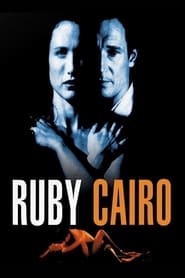 Baseball cards and a foodaid worker...
Baseball cards and a foodaid worker...Ruby Cairo 1992
Baseball cards and a food-aid worker help a woman follow her shady husband's money trail around the world.
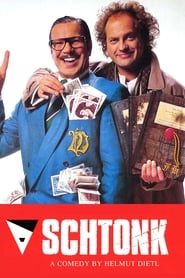 Schtonk is a farce of the...
Schtonk is a farce of the...Schtonk! 1992
Schtonk! is a farce of the actual events of 1983, when Germany's Stern magazine published, with great fanfare, 60 volumes of the alleged diaries of Adolf Hitler – which two weeks later turned out to be entirely fake. Fritz Knobel (based on real-life forger Konrad Kujau) supports himself by faking and selling Nazi memorabilia. When Knobel writes and sells a volume of Hitler's (nonexistent) diaries, he thinks it's just another job. When sleazy journalist Hermann Willié learns of the diaries, however, he quickly realizes their potential value... and Knobel is quickly in over his head. As the pressure builds and Knobel is forced to deliver more and more volumes of the fake diaries, he finds himself acting increasingly like the man whose life he is rewriting. The film is a romping and hilarious satire, poking fun not only at the events and characters involved in the hoax (who are only thinly disguised in the film), but at the discomfort Germany has with its difficult past.
 Germany in the autumn of 1957 Lola...
Germany in the autumn of 1957 Lola...Lola 1981
Germany in the autumn of 1957: Lola, a seductive cabaret singer-prostitute exults in her power as a temptress of men, but she wants out—she wants money, property, and love. Pitting a corrupt building contractor against the new straight-arrow building commissioner, Lola launches an outrageous plan to elevate herself in a world where everything, and everyone, is for sale. Shot in childlike candy colors, Fassbinder’s homage to Josef von Sternberg’s classic The Blue Angel stands as a satiric tribute to capitalism.
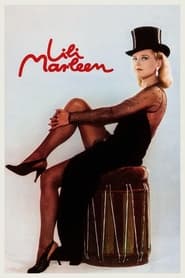 The story of a German singer...
The story of a German singer...Lili Marleen 1981
The story of a German singer named Willie who while working in Switzerland falls in love with a Jewish composer named Robert whose family is helping people to flee from the Nazis. Robert’s family is skeptical of Willie, thinking she could be a Nazi as she becomes famous for singing the song “Lili Marleen”.
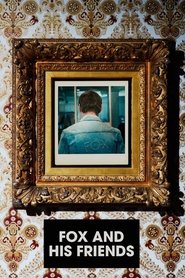 Fox a former circus performer wins...
Fox a former circus performer wins...Fox and His Friends 1975
Fox, a former circus performer, wins the lottery of DM 500,000 and can now have the life and things that he has always wanted. While he wants to climb up the social ladder, it isn't without turmoil, and being torn between his old working class roots, and the shiny new facade of middle class consciousness.
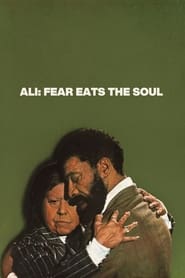 Emmi Kurowski a cleaning lady is...
Emmi Kurowski a cleaning lady is...Ali: Fear Eats the Soul 1974
Emmi Kurowski, a cleaning lady, is lonely in her old age. Her husband died years ago, and her grown children offer little companionship. One night she goes to a bar frequented by Arab immigrants and strikes up a friendship with middle-aged mechanic Ali. Their relationship soon develops into something more, and Emmi's family and neighbors criticize their spontaneous marriage. Soon Emmi and Ali are forced to confront their own insecurities about their future.
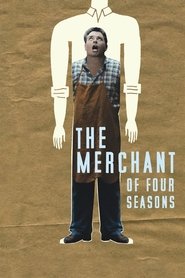 Hans is a street fruit peddler...
Hans is a street fruit peddler...The Merchant of Four Seasons 1972
Hans is a street fruit peddler and born-loser. His choice of career upsets his bourgeois family, causing him to turn to drinking and violence. After recovering from a debilitating heart attack, his business finally begins to take off. However the more he becomes a credit to his family, the more depressed he becomes.
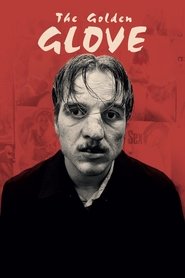 A serial killer strikes fear in...
A serial killer strikes fear in... Katjas life collapses after the deaths...
Katjas life collapses after the deaths... Maik a fourteenyearold teenager sets out...
Maik a fourteenyearold teenager sets out...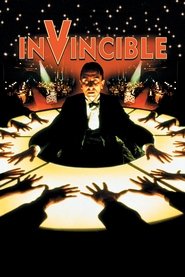 A Jewish strongman performs in Berlin...
A Jewish strongman performs in Berlin...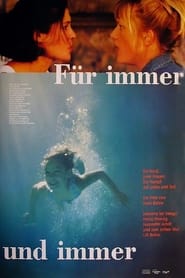 A life of little Maria who...
A life of little Maria who...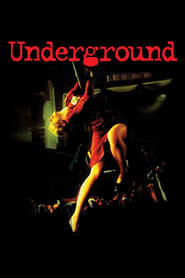 A group of Serbian socialists prepares...
A group of Serbian socialists prepares...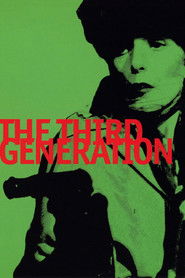 A wildly anarchic satire of guerrilla...
A wildly anarchic satire of guerrilla... Maria marries a young soldier in...
Maria marries a young soldier in...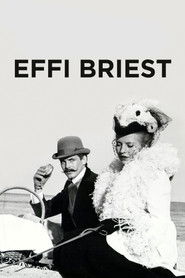 When 17yearold Effi Briest marries the...
When 17yearold Effi Briest marries the...